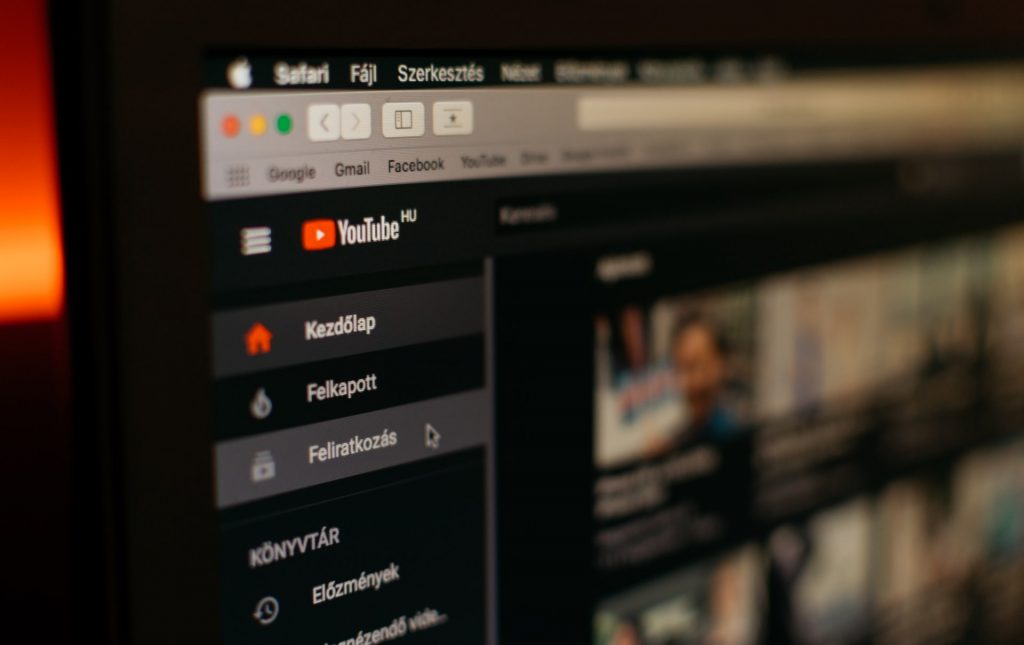YouTube is facing allegations that it has been gathering data on children in the UK, in violation of GDPR regulations. The platform, which is owned by Google, has been accused of using cookies to track the online behavior of children under the age of 13. The allegations come as part of a wider investigation into the use of data by tech companies, which has been launched by the UK Information Commissioner’s Office (ICO). Here’s what you need to know about the allegations, and what they could mean for YouTube and its users.
1. What are the allegations?
The allegations are that YouTube has been using cookies to gather data on children under the age of 13 in the UK. This data is then allegedly used to target them with ads, in violation of GDPR regulations. The allegations were made as part of a wider investigation into the use of data by tech companies, which has been launched by the UK Information Commissioner’s Office (ICO).
2. What is GDPR?
GDPR stands for the General Data Protection Regulation. It is a set of regulations designed to protect the privacy and personal data of EU citizens. It was introduced in May 2018, and it applies to any company that collects, processes or stores data on EU citizens, regardless of where the company is based.
3. How does YouTube use data?
YouTube uses data to provide personalized recommendations and targeted advertising to its users. This data includes information on a user’s search history, watch history, and the videos they have liked or disliked. YouTube also collects information on a user’s device, including its model, operating system, and screen resolution.
4. What is the ICO?
The Information Commissioner’s Office (ICO) is the UK’s independent regulator for data protection and privacy. It was set up to uphold information rights and enforce data protection laws. The ICO has the power to investigate companies that are suspected of breaching data protection regulations, and it can impose fines and other penalties on companies that are found to be in violation of the law.
5. What could the allegations mean for YouTube?
If the allegations are proven to be true, they could result in significant fines for YouTube. Under GDPR regulations, companies can be fined up to 4% of their global annual revenue for serious breaches of data protection regulations. For YouTube, which had a revenue of $19.7 billion in 2022, this could result in a fine of up to $788 million.
6. What could the allegations mean for YouTube users?
If the allegations are proven to be true, YouTube may have to change the way it collects and uses data from its users. This could mean that users have to provide explicit consent for their data to be collected and used, and it could also mean that users are given more control over how their data is used.



